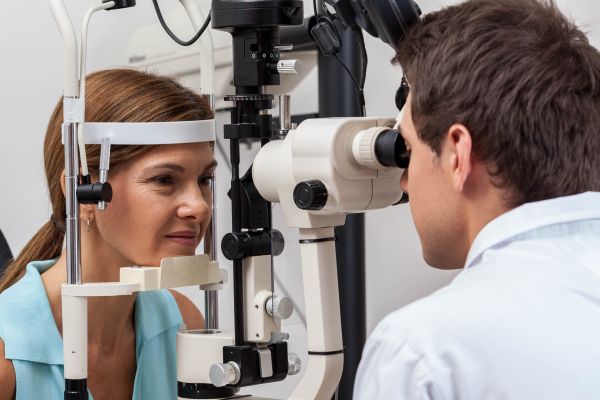
The landmark paper from The Malta Eye Study was published online in October 2025, presenting the first population-based data on visual impairment among adults aged 50–80 years in Malta.
Key findings:
– 1 in 4 Maltese adults aged 50–80 have some degree of reduced vision, and 1 in 16 live with visual impairment affecting their daily activities.
– The most common causes were those that can often be prevented or treated, including the need for updated glasses, cataract, and lazy eye (amblyopia). Other causes included diabetic eye disease, age-related macular degeneration, pathological myopia, and glaucoma.






